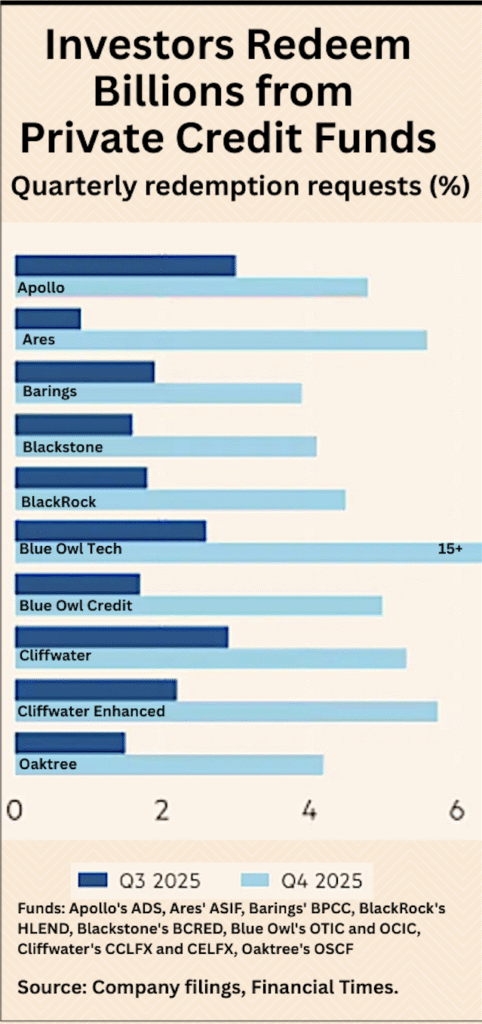RIJ has published many stories on “Bermuda Triangle” life/annuity companies that sell fixed annuities in the US, reinsure their liabilities in Bermuda to modulate their capital requirements, and rely on private equity firms to invest policyholder money in high-yield “alternative” assets.
The Cayman Islands are also a good place to buy reinsurance, according Nathan Gemmiti, CEO of Ibexis Life, the subject of RIJ’s lead story this month. Ibexis Life reinsures about 80% of its new fixed indexed annuity liabilities in the Cayman Islands instead of Bermuda.
In a recent conversation with RIJ, Gemmiti rejected the suggestion that insurance regulations in the Cayman Islands are “lighter” than in the US.
“In both Bermuda and Cayman, per US regulations governing off-shore reinsurance, in order for the US insurer to get reserve credit, the affiliated reinsurer must establish a segregated account with dedicated reserves to at least the statutory levels in the US,” Gemmiti told RIJ in a recent email.
US insurers must use conservative Statutory Accounting Principles (SAP) when calculating how much capital they need to post in support of their guarantees. But Bermuda-based and Cayman-based reinsurers can use Generally Accepted Accounting Principles (GAAP), which require potentially lower capital outlays. Offshore reinsurance lets US life/annuity companies enjoy the benefits of GAAP standards indirectly, through their offshore affiliates.
“As with Bermuda, US insurance authorities permit US insurers to buy ‘modified coinsurance’ from an affiliated reinsurer in Cayman,” Gemmiti said. “Cayman-domiciled reinsurers can also apply to use most international recognized accounting standard for reserving, such as ‘GAAP’ accounting rules, which can lead to reserving on an economic basis, rather than strict Statutory Accounting Principles that apply to insurers in the US. The NAIC has been discussing principles-based reserving [like GAAP], but these changes have not occurred.”
Cayman is becoming more attractive than Bermuda to US life/annuity companies, Gemmiti suggested. Cayman is trying to align its rules with the National Association of Insurance Commissioners (NAIC) in the U.S., while Bermuda is more aligned with Europe.
“The Cayman Islands has publicly stated that it is in the process of seeking NAIC reciprocal status with the support of a US state sponsor. Bermuda, on the other hand, has European Union Solvency II equivalent status,” Gemmiti said. “This distinction has led to many US based annuity insurers to look to the Cayman Islands.”
A legal perspective
“The Cayman Islands has deservedly been recognized as a leading captive jurisdiction,” according to an August 2023 report, “Five Reasons Reinsurance is Ramping Up in Cayman,” from an attorney at Conyers, a law firm that consults on the laws of Bermuda, the British Virgin Islands, and the Cayman Islands.
“Around 70% of all licenses issued by the Cayman Islands Monetary Authority (CIMA) in recent years have been for commercial or affiliate reinsurers, with private equity groups, traditional reinsurance and insurtech increasingly selecting Cayman for the establishment of side-cars and reinsurance platforms,” the report said.
“The confidence in the jurisdiction has been evidenced by the entry of larger players in the life & annuity space, including RBC Re’s re-domicile from Barbados to Cayman in 2021 and Talcott Re’s establishment of a Cayman reinsurer which assumed a $26 billion block of business in 2022.”
Conyers listed five reasons for considering reinsurance in the Cayman:
- Tailored capital and/or accounting models. Cayman does not have Solvency II equivalency or NAIC reciprocal jurisdiction status (at least not yet…), which means our legislative and regulatory regime is less prescriptive and therefore affords prospective Cayman reinsurers greater flexibility to propose a bespoke capital model to our regulator without being significantly constrained by specificities in legislation.
- No day one presence requirement for B(iii) reinsurers. A Class B(iii) licensee may engage and rely on a Cayman Islands licensed insurance manager to provide accounting, administrative and other management services, without the necessity for the reinsurer to put boots on the ground, either in the C-suite or other roles from day-one.
- Attractive lifestyle for employees. For Class D licensees or other clients who prefer to have C-Suite officers on the ground in Cayman, the Cayman Islands Government allows for a 25 year work permit exclusively for reinsurance executives (as detailed further in our article on our immigration practice in Conyers Coverage Issue 9). Expats can also own and invest in property. The quality of the schools, infrastructure and lifestyle offered on the Island are some of the softer attractive features of establishing a reinsurer in Cayman for those looking to build out resourcing in the long term.
- Speed to market. CIMA’s published timeframes for the approval of a new license is 6 to 8 weeks from the time of submission of a complete and comprehensive application. This provides commercial certainty for groups looking to have a license in place in order to write a transaction with inherent deadlines. CIMA is known to be commercial and available which permits licensees to build strong working relationships with the regulator.
- Financial, political and economic certainty. Cayman’s stability (financially, politically, economically) particularly relative to other offshore domiciles (for example, the Cayman Islands runs an attractive budget surplus. The Cayman Islands Government has expressly stated that it does not intend to enact local legislation in the Cayman Islands for the purposes of collecting a Global Minimum Tax locally.
© 2024 RIJ Publishing LLC. All rights reserved.



